Majority of us don’t want to share things to the world that are private, but is that content safe from your ISP? And several Internet users, use at least 3 networks in a day. One for home, second for work and one in mobile phones. This decreases our amount of trust we have on our ISP. There are reports of ISPs selling user information to advertisers, or even to the dark web users. So, it is extremely important for us to decide whether we can trust these service providers. In this article let’s find out how much personal information can your ISP actually access.
What Can They See?
ISPs can see your information that can be your personal data, financial data, or even about your dating life.
When you visit any unencrypted website, it allows ISPs (Internet Service Provider) to see the pieces of data of users. This is because most of the unencrypted websites use Hypertext Transfer Protocol (HTTP), which does not come with Secure Sockets Layer (SSL), leaving the connection unencrypted.
ISPs have access to everything you do online. They know the exact content including IP addresses & URLs you visit, domains you are going to for example, youtube.com or facebook.com, for how long you’ve been active, your location, and the device you use. Among the top 50 news, health & shopping websites, more than 40 are unencrypted.
Whereas, when we talk about encrypted sites, they use HTTPS protocol. It stands for Hypertext Transfer Protocol Secure, here secure means it comes with Secure Sockets Layer (SSL), which makes the connection secure and encrypted. But not everything is safe. In this case, they will know the sites you visit but can’t see the specific content of encrypted website.
- Well, if ISPs use some better techniques to hack in, they can even access the login details and passwords.
- If your email service doesn’t have a Transport Layer Security (TLP) encryption, ISPs can see the content of your emails, and if ISP is the email service provider too, then of course they can see the content of your emails.
- They can also see your torrent downloads, but the only thing is they are not interested in the content that you download. Instead, they would like to see your personal information and details in order to earn money from it.
The level of information that an ISP can have access to is beyond the expectation of the users.
What Can They Do?
- They can insert ads, by checking your browsing history. And use them to increase traffic on a specific website. They direct your searches to some other website, to earn money.
- They can sell your data to someone who is trying to sneak into your life, or even to the black marketers.
- ISPs inject super cookies to track user data into the HTTP requests, which makes it easy for anyone to get access to your browsing history.
What Can We Do?
- Check that every website you visit uses HTTPS protocol.
- Use email services who uses Transport Layer Protection (TLP) encryption and you can even use paid email services, which is authenticated and legal.
- Use the best VPN (Virtual Private Network) to encrypt & hide your traffic from ISPs.
Due to the new methods, collecting information has become easier for ISPs. In this case, it’s better to use VPN Secured Connections or third-party browsers like Tor. This will hide your identity and encrypt your data making it safe from ISPs.
Wrapping Up
But, they are not even that bad. They identify the patterns from your web history, to prevent & protect you from the cyberattacks & malwares before they happen. As we all know, data breaches are increasing day by day, most of the ISPs provide security and use tools to stay prevented and keep their customers data safe & secure as well.
If you found this helpful, please let us know. You can also drop your feedback in the comment section below.
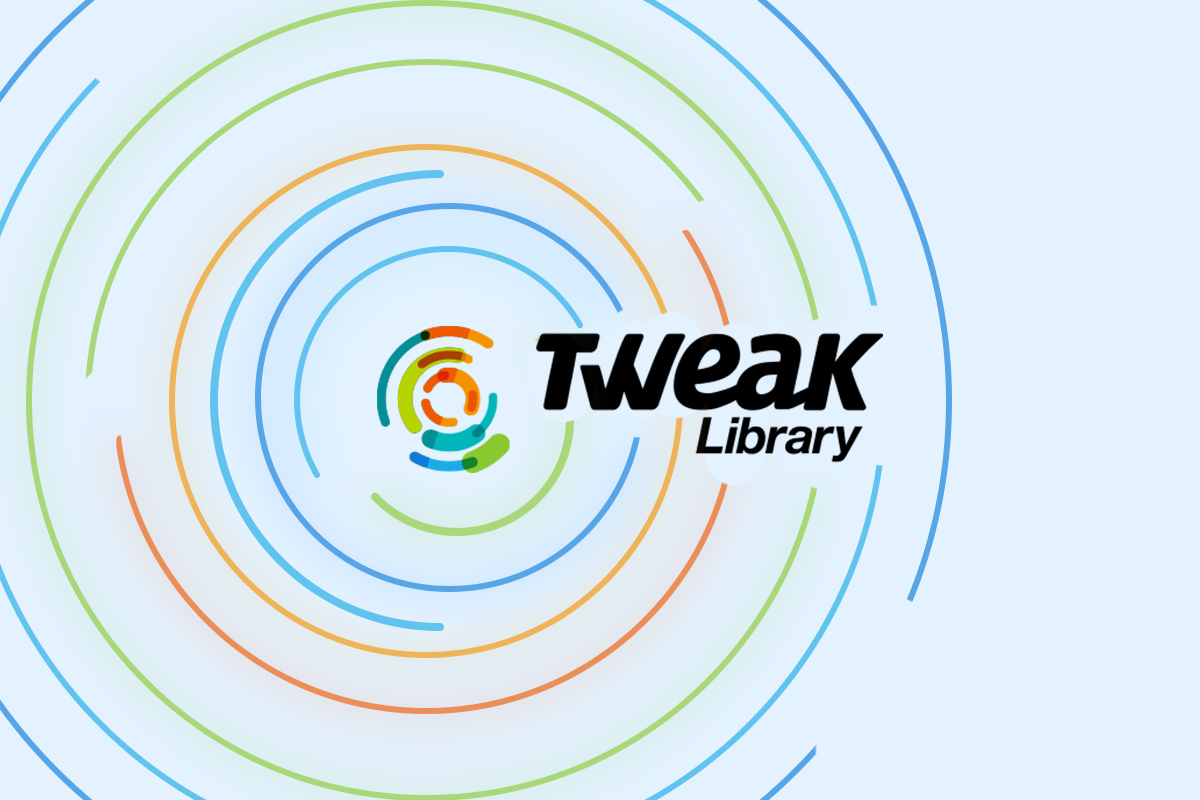
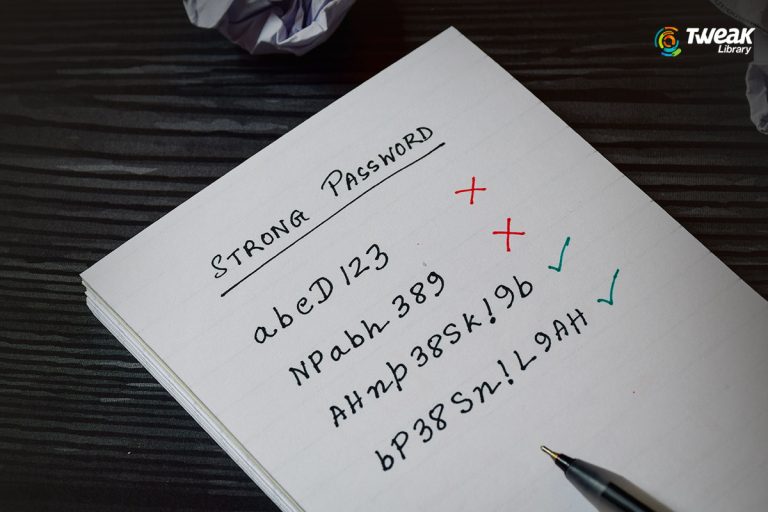
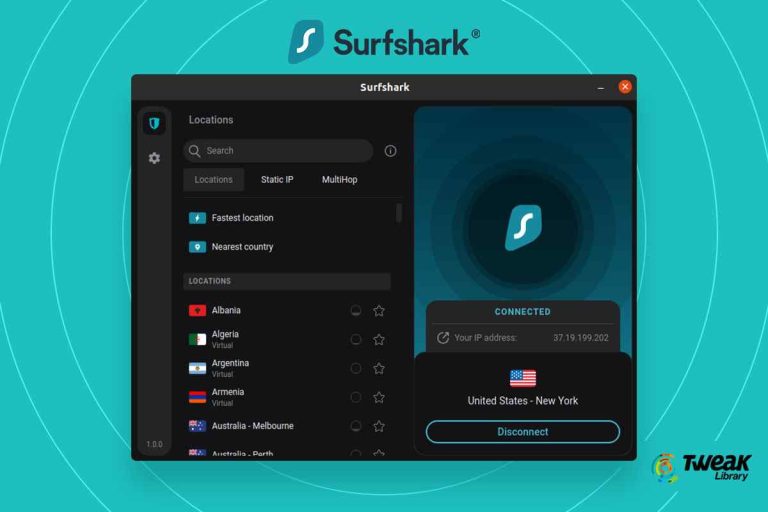
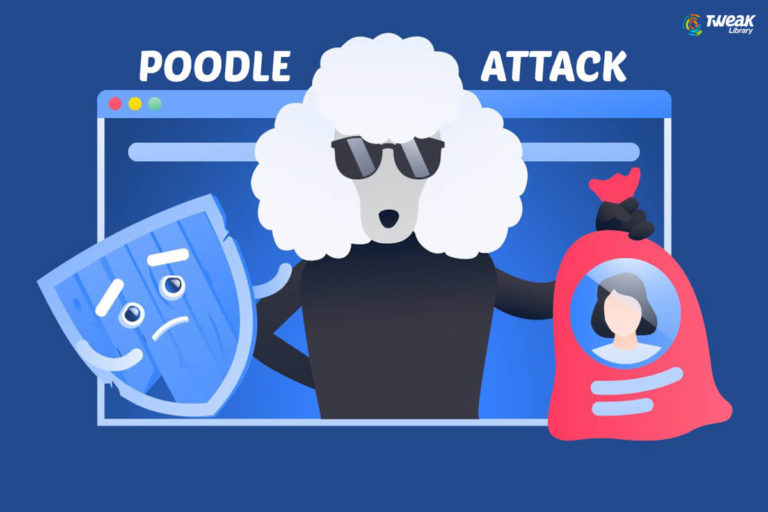

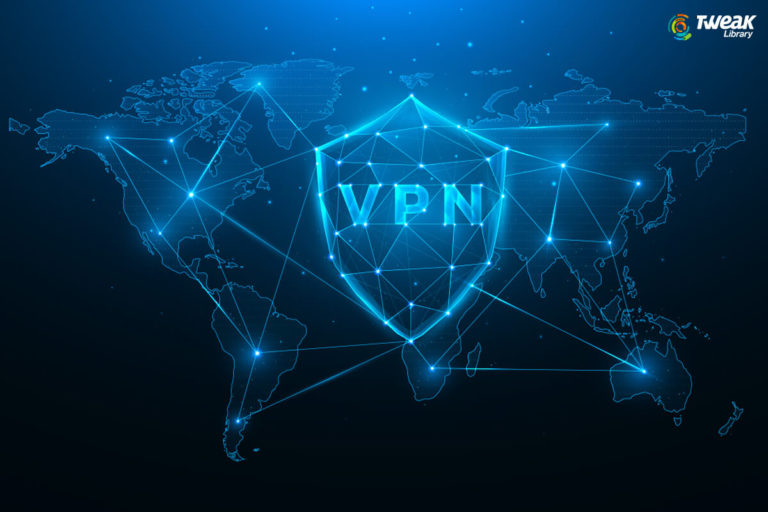
Leave a Reply